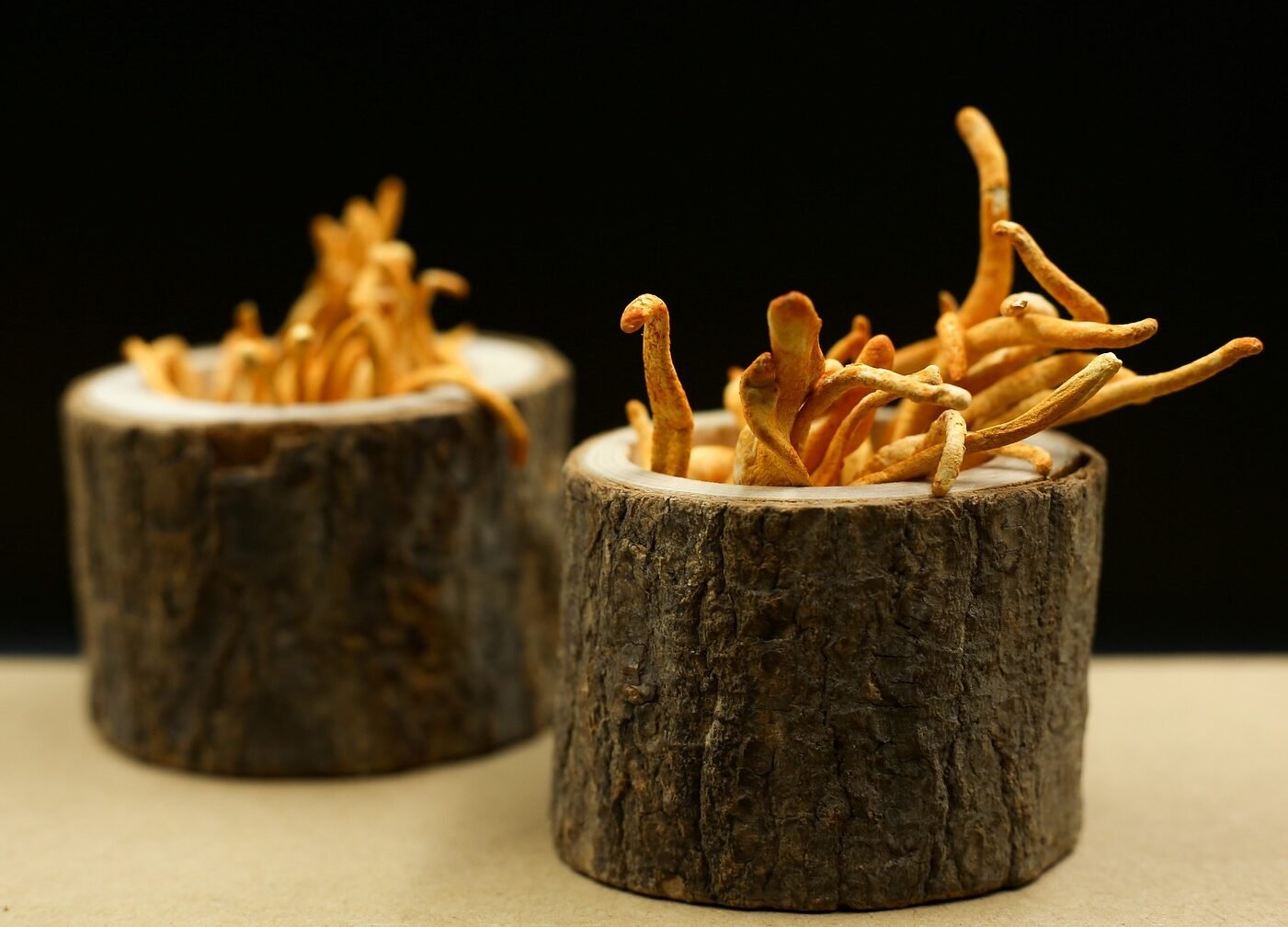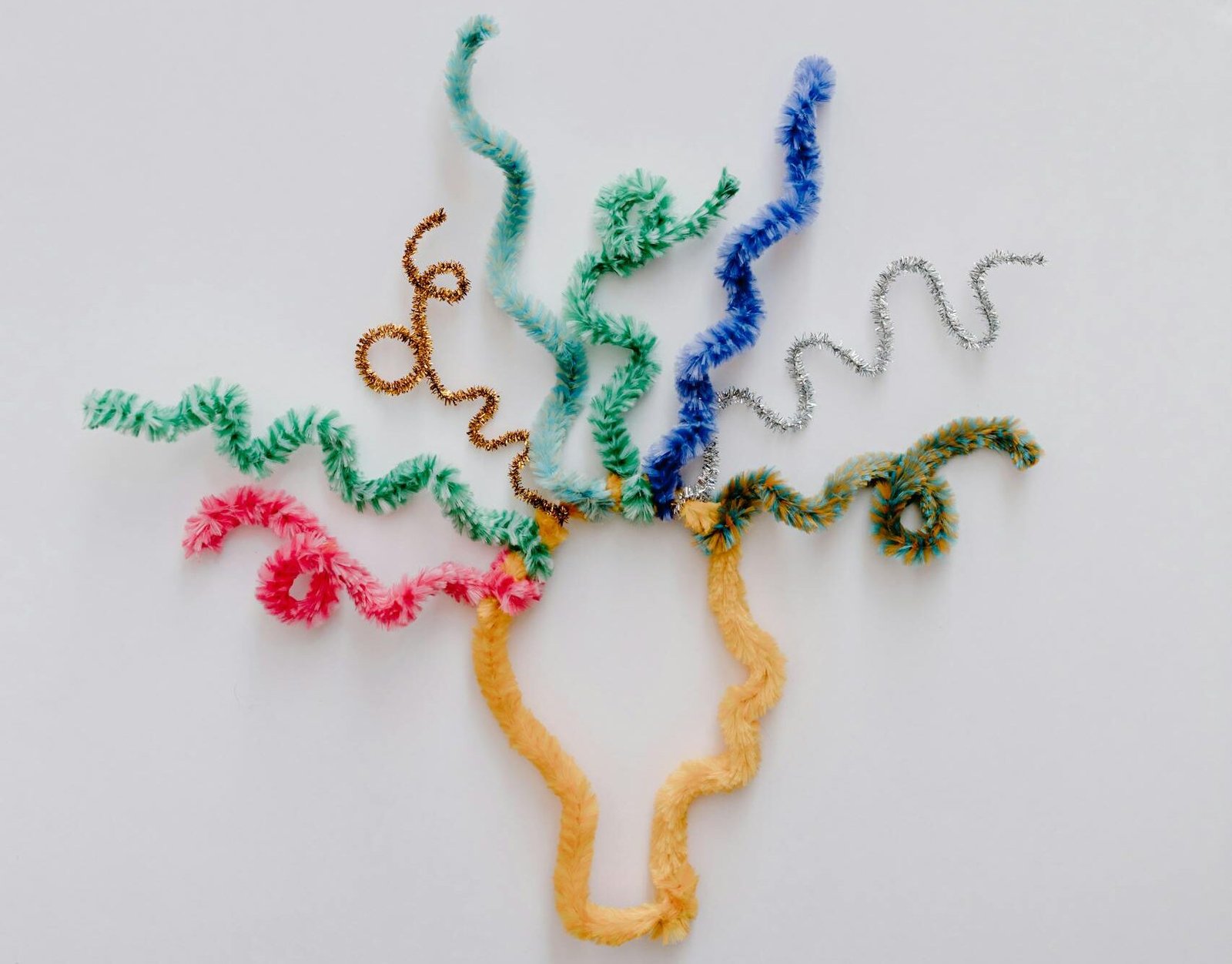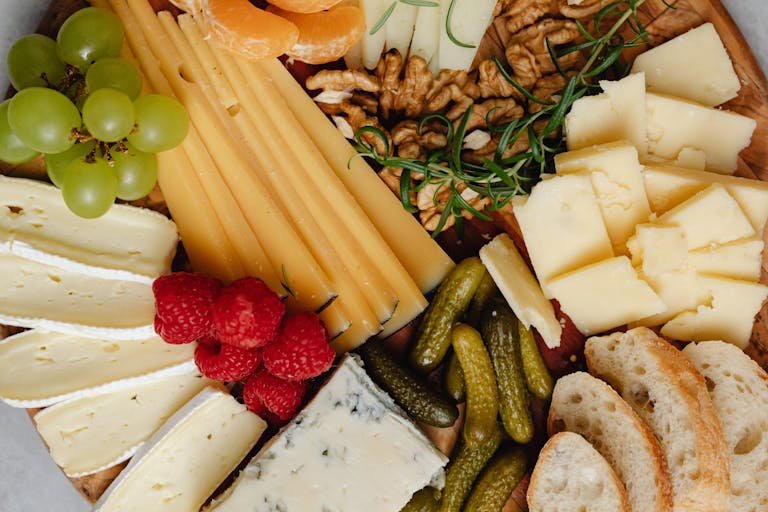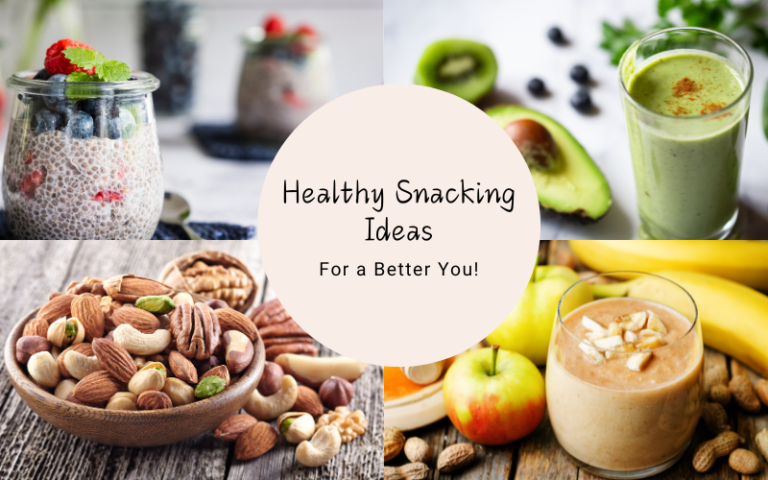In today’s world, we prioritize work over most other things. For many, physical health is important, since the signs of physical health are far more apparent in daily life through how we feel, how we look, what we eat and how fit we are. What’s often ignored, however, is brain health. It’s immensely more difficult to measure and is therefore far less apparent.
All we have to go on is how well we remember things and how sharp we are, which is far from the whole picture. With more research being into dementia, mental health and illness, the importance of optimizing brain health and cognitive performance is increasing by the day. Enter nootropics. What are they exactly and how can they help in optimizing brain health?

What Are Nootropics?
Nootropics are a class of substances that can help improve executive functions, in particular, memory and creativity in healthy individuals. Romanian psychologist and chemist Corneliu E. Giurgea coined the term in 1972, and also set criteria for what qualifies as a nootropic.
While many nootropics are naturally occurring compounds found in a variety of foods and herbs, some are also synthetic. Quite a number of them are readily available, though there are some that require a prescription.
Natural Nootropics – Food for Thought
First things first – let’s look at whole foods which are rich in brain-boosting compounds:

- Blueberries – Rich in antioxidants and anthocyanins (that provide color), blueberries may improve memory and delay short-term memory loss.
- Fatty Fish – Salmon, mackerel, and sardines are high in omega-3 fatty acids, known to be beneficial for brain health. Cod liver oil also contains healthy omega-3 fatty acids.
- Turmeric – Contains curcumin, a compound which can boost memory and stimulate the production of new brain cells.
- Dark Chocolate – Cacao contains caffeine, antioxidants, and a number of minerals, which may improve focus and mood.
- Nuts and Seeds – Particularly walnuts and pumpkin seeds, which are rich in antioxidants and omega-3s.
- Eggs – A good source of choline, essential for memory and mental function.
- Green Tea – Contains L-theanine, which can increase alpha wave activity in the brain, and promote relaxation without inducing drowsiness.
Popular Nootropic Supplements
While a healthy diet forms the foundation of brain health, some nootropic supplements have gained popularity in recent years for their impact on optimizing brain health. Some of these are isolated and purified forms of the compounds found in whole foods.

Here are some of the most well-known:
- Caffeine – Yep, you guessed it. The world’s most widely consumed psychoactive substance, caffeine can improve alertness, focus, and reaction time. It is most commonly found in guarana seeds, coffee beans, black tea and cacao beans.
- L-Theanine – Often paired with caffeine, L-theanine can promote relaxation without sedation, potentially improving attention and task switching. As mentioned previously, it can be found in green tea.
- Creatine – While known for its benefits in physical performance, creatine may also improve memory and thinking skills, particularly in vegetarians. Creatine is naturally found in red meat, which is why vegetarians may find it beneficial to supplement with creatine monohydrate.
- Bacopa Monnieri – An herb used in traditional medicine that may improve memory formation and speed of information processing.
- Rhodiola Rosea – An adaptogenic herb that may help combat fatigue and improve cognitive function under stress.
- Panax Ginseng – May improve memory, reaction time, and mental arithmetic skills.
- Ginkgo Biloba – One of the oldest living tree species, ginkgo extract may improve memory and mental processing in healthy older adults.
- Omega-3 Fatty Acids – Essential for brain health, omega-3s (particularly DHA) are crucial for normal brain function and development. These are commonly found in fish as well as in avocados and some nuts.
The Power of Nootropic Mushrooms
It’s amazing how little we really know about mushrooms. It seems like the more we learn, the more we realize how little we really know. Traditional Chinese medicine has mentions of using mushrooms for thousands of years and modern science is now beginning to follow suit to understand why this may be the case. While this list is likely to grow as more information is uncovered, here is what today’s science says about the most promising nootropic mushrooms:
1. Lion’s Mane (Hericium erinaceus):
- May stimulate the production of Nerve Growth Factor (NGF), crucial for the growth and maintenance of neurons.
- Some studies show it may enhance memory and cognitive function in older adults with mild cognitive impairment.
- May have antidepressant effects and help reduce anxiety.
- May slow the formation of plaques in the brain that form as we age and cause dementia later in life
2. Reishi (Ganoderma lucidum):
- May help lower cortisol levels, potentially reducing stress and anxiety.
- Some studies suggest reishi can help regulate sleep patterns, leading to better quality rest.
- Specific compounds in reishi may protect brain cells from oxidative stress.
- Regular consumption might help alleviate symptoms of depression and fatigue.

3. Cordyceps (Cordyceps militaris):
- May boost ATP production by aiding in metabolism of fats and carbs.
- Some studies suggest cordyceps can enhance memory and learning ability.
- Its antioxidant properties may help protect brain cells from age-related damage.
- By improving oxygen utilization, cordyceps might indirectly support brain health through better circulation.

4. Chaga (Inonotus obliquus):
- Extremely high in antioxidants, which may protect brain cells from oxidative stress and free radicals within the body.
- Being a natural anti-inflammatory, Chaga might support overall brain health.
Nootropic mushrooms are typically consumed as powders, capsules, tinctures, or whole mushrooms. It’s important to choose products from reputable sources that provide information about their extraction processes and standardization of active compounds.
You can consume these mushrooms in various ways. You can eat the whole mushroom, opt for powders, capsules, or tinctures. Whole mushrooms will have their own benefits, some of which you may miss out on in the more concentrated forms, however, if you are solely interested in maximizing the quantity of the nootropic compounds, you will want to go for the powder, capsules and tinctures.
Safety Considerations
While many nootropics are generally considered safe, it’s important to approach their use with caution.
- Quality Matters. Choose reputable brands and look for third-party testing.
- Interactions. Some nootropics can interact with medications or other supplements.
- Individual Differences. What works for one person may not work for another.
- Long-term Effects. The long-term effects of many nootropics are not yet well understood, but the whole foods that most of them are derived from, are generally safe to consume by nearly everyone.
- Tolerance. Some compounds may lead to tolerance over time, requiring higher doses for the same effect, or intraweek cycling (e.g. 5 days on, 2 days off).
- Dependency. It’s extremely unlikely for any serious psychoactive impact to cause physical or psychological addiction, but if you individually experience strong effects, there is a very small chance that they could induce psychological dependence.
Always consult with a healthcare professional before starting any new supplement, especially if you have pre-existing health conditions or are taking other prescription medications.
The Importance of Lifestyle Factors
While nootropics can potentially offer cognitive benefits, as with everything in life, they’re not a magic bullet. Optimal brain health relies on a combination of factors and nootropics are simply an enhancement to an already-healthy lifestyle.

Here’s a list of the fundamentals of holistic health:
- Regular Exercise – Physical activity increases blood flow to the brain, increases mood-boosting endorphins, and promotes the growth of new brain cells.
- Quality Sleep – Adequate sleep is crucial for memory consolidation and overall brain health, and physical recovery of course.
- Stress Management – Chronic stress can have detrimental effects on brain health. Techniques like meditation can help.
- Social Engagement – Strong social connections are associated with a lower risk of cognitive decline. This may be a difficult thing to objectively measure, however it is clear that those who engage socially have significantly better mental health than those who don’t.
- Mental Stimulation – Engaging in challenging mental activities can help maintain cognitive function as we age. Our brain is much like a muscle. If we don’t use it, we lose it.
- Hydration – Proper hydration is essential for optimal brain function. Plain and simple.
- Balanced Diet – A diet rich in fruits, vegetables, whole grains, and lean proteins provides the nutrients your brain needs. What’s healthy for your body will likely be healthy for the mind too.
Related: 6 Ways To Lose Weight Without Counting Calories
Conclusion
The field of nootropics, particularly those of nootropic mushrooms, is an exciting and rapidly evolving one. There are a number of purported benefits in optimizing brain health, including increased focus and mental acuity, improved attention and memory, increased relaxation and sleep, a slowing of “brain ageing,” stress reduction, mood boosting and more.
If you’d like to read further on nootropics, go here or here.
It’s always important, however, to approach any substance with a balanced perspective. A holistic approach to health should always be taken, which includes a nutritious diet, quality sleep, regular exercise, mental stimulation, and healthy, positive social interaction. In truth, a healthy lifestyle that encompasses all those factors is probably the best “nootropic.”
FAQs
Q1: Are nootropics safe?
A: Many nootropics are considered generally safe when used as directed, but it’s important to purchase from reputable sources and consult with a healthcare professional, especially if you have pre-existing conditions or are taking other medications.
Q2: Can nootropics really make me smarter?
A: Nootropics may enhance certain cognitive functions like memory or focus, but they don’t increase IQ or make you smarter in the traditional sense. They’re more about optimizing brain health and your brain’s potential. Similarly, you can’t take a fat loss supplement and then binge on cheesecakes and expect to lose weight. Supplements can only optimize the progress you can make when you’re already taking the right actions.
Q3: Are prescription nootropics better than over-the-counter ones?
A: Not necessarily. Prescription nootropics are typically used to treat specific conditions, while OTC nootropics are for general cognitive enhancement. The “best” option depends on individual needs and should be discussed with a healthcare provider.
Q4: How long does it take to see effects from nootropics?
A: It varies. Some, like caffeine, have almost immediate effects with others, like Bacopa Monnieri, may take weeks or months of consistent use to show benefits.
Q5: Can I take multiple nootropics together?
A: While some nootropics can be safely combined (like caffeine and L-theanine), it’s important to research potential interactions and start with low doses when combining supplements.
Q6: Are there any side effects of nootropics?
A: Side effects can vary depending on the specific nootropic and individual factors. Common side effects might include headaches, digestive issues, or sleep disturbances. Always start with a low dose and monitor your body’s response.
Q7: Can nootropics help with age-related cognitive decline?
A: Some nootropics show promise in supporting cognitive function and potentially even slowing the ageing of our brains, but there is no “cure” for conditions like Alzheimer’s at present. A healthy lifestyle and consistent mental stimulation remain the best defense against age-related cognitive decline.
Q8: Are natural nootropics better than synthetic ones?
A: Natural isn’t always better or safer. Both natural and synthetic nootropics can be effective and have potential risks. The key is choosing well-researched compounds from reputable sources. Whole foods are beneficial with potentially a better-rounded nutritional base, but good quality synthetic options can deliver more of the target compound if that’s what you’re looking for.
Q9: How do I know if a nootropic is working for me?
A: Keep a journal of your cognitive performance and mood. Some people use brain training apps or cognitive tests to track improvements. You may not notice obvious improvements in many cases. The benefits may be seen more in the long-term, perhaps over years.






